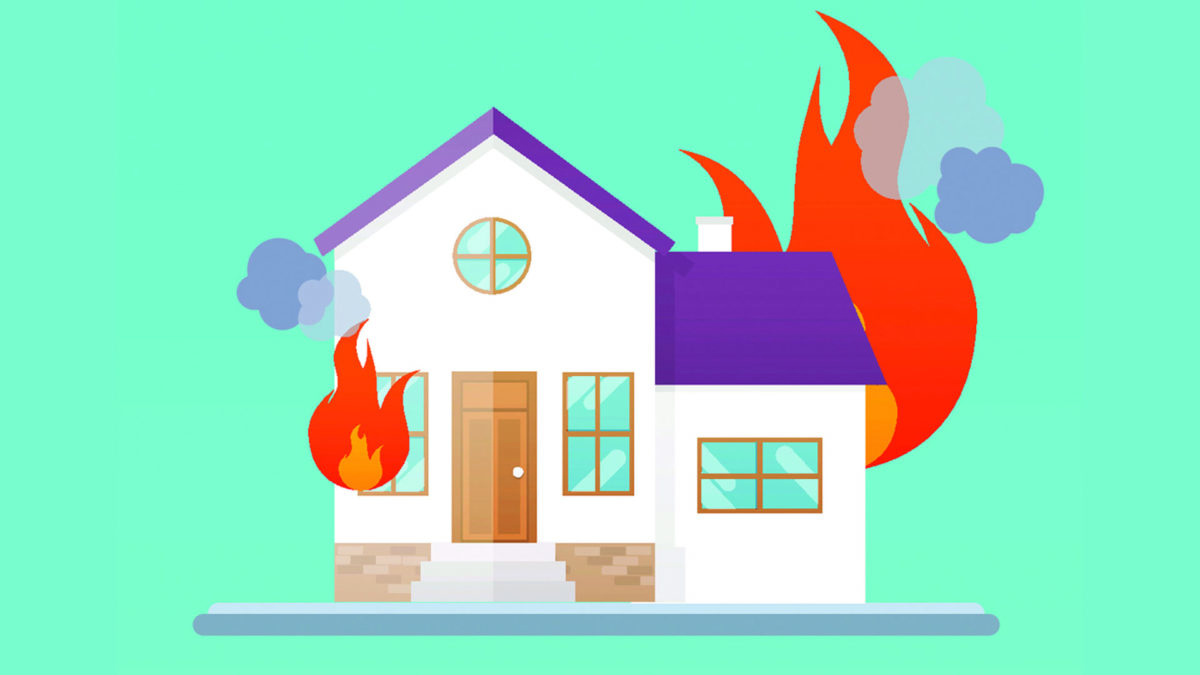4 Tips to Be Prepared for Hurricane Season
According to the Congressional Budget Office, tropical storms and hurricanes cause an estimated $54 billion worth of economic losses in the United States each year. In the United States, the official Atlantic hurricane season runs from June 1st to Nov 30th. While storms are most likely to occur during this period, hurricanes can happen any time if the weather conditions are right. By following a few simple steps and getting prepared, you can minimize the impact of a storm on your home and ensure your family's safety.
1. Be Prepared - even if you are not in the Hurricane's exact path.
Make sure to review your insurance policy carefully - before the storm hits! In the world of insurance, a hurricane watch is typically issued around 48 hours before tropical storm-force winds hit. This means that once the watch is in effect, you will not be able to adjust your policy or purchase a new one. That is why it is so important to know beforehand what your policy covers and to work with your local agent to ensure that your home and property are correctly covered before hurricane season begins.
2. Prep the outside of your home.
As the storm approaches, it is important to take precautions to protect your home and belongings. Secure all windows and bring in any outdoor objects that could become projectiles in high winds, like patio furniture and garbage cans. Don't forget to anchor or secure items such as propane tanks that cannot be brought inside.
3. Make sure you have an emergency kit - and make it waterproof.
Ensure that your emergency kit contains vital documents like birth certificates, vehicle registrations, and insurance paperwork. Additionally, stock up on essentials such as food, water for three days, medications, first aid supplies, a flashlight, batteries, cash, and phone chargers. Be sure to waterproof and tightly seal your kit to protect it in case of flooding.
4. Keep yourself informed and updated.
Staying informed and aware during hurricane season is crucial. One way to stay informed is to sign up for local weather alerts and warnings. During a hurricane, you will need access to timely, reliable information. Download the Federal Emergency Management Agency (FEMA) app on your phone to receive real-time alerts from the National Weather Service. It's also wise to familiarize yourself with how the Emergency Alert System (EAS) and Wireless Emergency Alert (WEA) work in your area.
Another way to stay informed is to find a trusted radio news station and be sure to have access to a battery-operated radio. In case of power outages, a radio may be your only reliable source of information. Purchase a batter-operated radio to have on standby and have a list of important radio stations handy.
Lastly, if you still have power, it is important to stay informed by having your local news station on the TV. This will help you stay up to date on the current weather situation in your area and any emergency updates that may be crucial for your safety.






